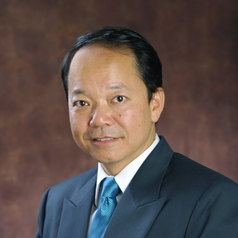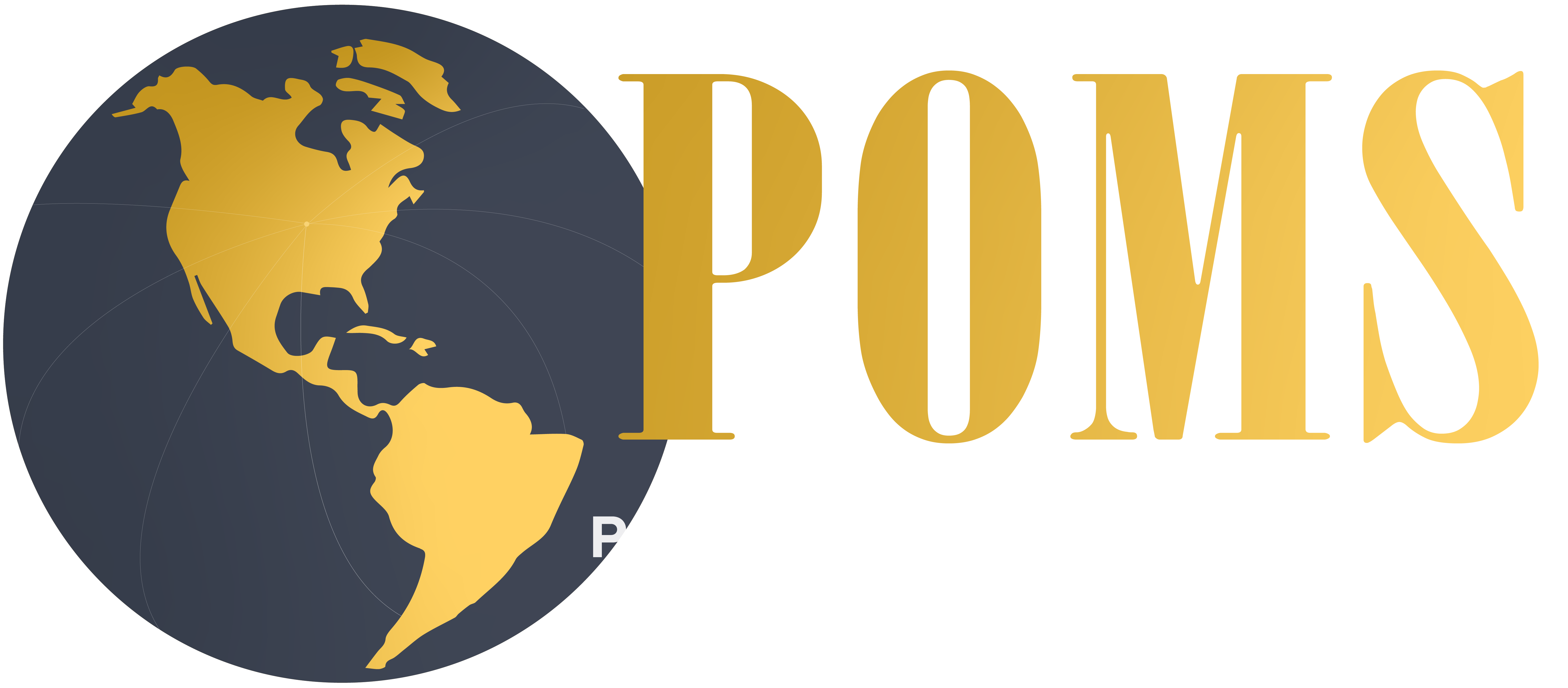NOT-FOR-PROFIT OPERATIONS MANAGEMENT
Mission Statement
The emergence and growth of the nonprofit sector in the last few decades have made it an important part of modern economy. Nonprofit sector is an extensively studied area in economics, sociology and political science. Recently, researchers in the operations management field have started paying increasing attention to this area. To define the scope of this department, we emphasize that, while the major operations of nonprofit organizations are not for profit, profit making entities can be involved in not-for-profit activities. For example, funding, organizing or facilitating the logistics for disaster relief, may involve government agencies and private firms. Moreover, a nonprofit organization may also perform for-profit operations (e.g., generating revenue by serving high-income customers to subsidize the service to the low-income ones), though making money is not the ultimate goal. Not-for-profit operations management refers to managing the process of product or service delivery that is not aiming toward (eventual) profitability but toward certain welfare, social, environmental, or culture values.
We encourage innovative models and applications that address unique challenges in the not-for-profit operations. Areas of focus include, but are not limited to, fundraising and budget planning, revenue and pricing management, resource management, distribution of products and services, project management, and operational performance evaluations. Example studies can be found in the June 2017 issue of the journal on "Not-for-profit Operations Management," and Chapter 27 in Routledge Companion of Production and Operations Management edited by Sushil Gupta and Martin Starr. Submissions to this department should emphasize the characteristics of not-for-profit operations that distinguish from those that can be analyzed using our existing operations management models. In other words, studies that apply also to general operations in for-profit contexts should be targeting other departments of the journal.
Departmental Editor
 Professor Christopher S. Tang
Professor Christopher S. Tang
University of California, Los Angeles
chris.tang@anderson.ucla.edu
Senior Editors
Priyank Arora, University of South Carolina
Ying-Ju Chen, Hong Kong University of Science and Technology (HKUST)
Qi Annabelle Feng, Purdue University
Milind Sohoni, University at Buffalo
Yulan Amanda Wang, Hong Kong Polytechnic University
Wenqiang Xiao, New York University (NYU)

